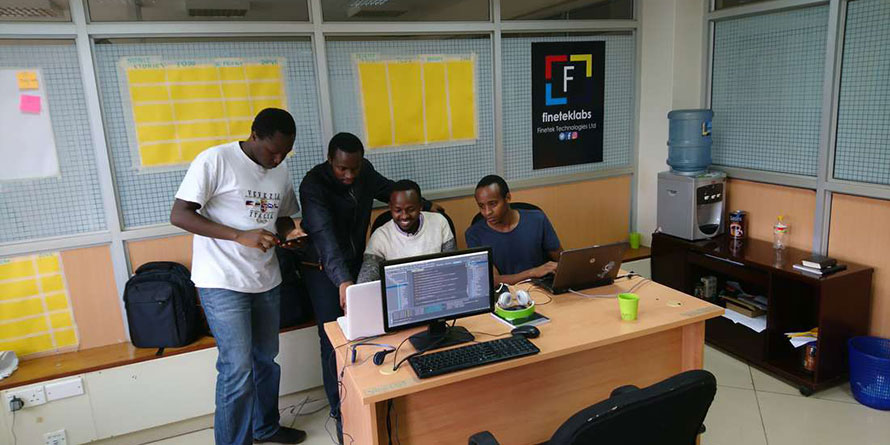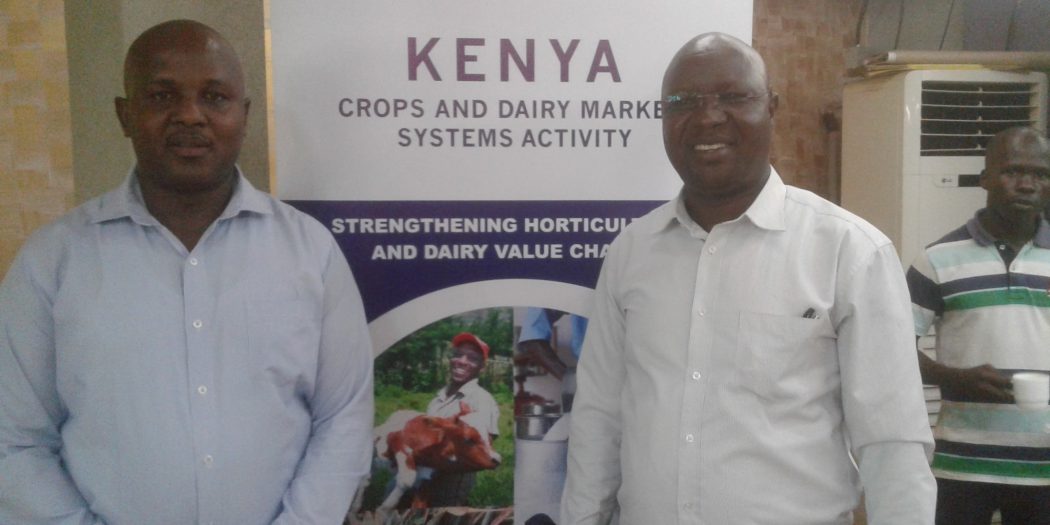A group of six software developers have developed an app that connects farmers directly to markets at a time when Sh150bn worth of produce was lost last year due to post-harvest losses arising from inadequate markets.
The app, Zalisha is an online platform (Android and web application) that offers a marketplace for agricultural products such as avocados, onions, pineapples, mangoes, maize and beans along with predictive weather and climate analytics and accurate agricultural advice for farmers.
The app was launched in May 2017 by six founders and developers Steve Momanyi, Elisha Misoi, Bedan Kamau, Martin Kamau, Vincent Tirgei and Vincent Omondi and has so far connected more than 500 farmers to markets.
Related
Nairobi Company launches mobile app to help dairy farmers maintain records
App helps farmer predict his farming business
FAO launches mobile app to control fall armyworm
Zalisha is available on google play-store. To access it, one has to download it and install it on their mobile phones.
“Zalisha aims to help farmers get accurate and consistent weather for the present and future, give advice on crops to be planted, the timing, the required procedures for farming, how to combat crop pests and will advise farmers on the period for harvesting and how to do it safely, to gain maximum yield. This is done through video tutorials or quick notes,” said Steve Kombo, the Director of Zalisha.

The developers of Zalisha app at the Chandaria Business and Incubation Center. Photo: Courtesy
The application offers farmers better and accurate predictive farming information depending on their various wards, by providing accurate soil, crop and microclimate data through a farmer portal that also keeps track of their farming activities.
“Zalisha connects farmers directly to the local consumer market. This will give independent farmers and cooperatives ability to sell their farm produce easily and as well enable buyers to contact farmers easily,” said Kombo.
Zalisha also provides a forum for one to ask and post questions related to their farming practices and provide a communication channel for farmers through the formation of communication channels and groups.
In 2017, Kenyan farmers lost 1.9m tonnes of food as they struggled to find markets according to the Kenya National Bureau of Statistics.
Of the total food wasted, maize, Kenya’s staple food was the most affected with the country losing Sh29.6bn worth of the crop yet it imported another bunch worth Sh42bn.
Green bananas were the second most affected crop as farmers lost Sh24bn worth of the produce.
Other produce that went to waste due to poor storage and handling, transport, and fungi attack, according to data contained in the 2018 Economic Survey released in April, includes Irish potatoes (Sh19.7bn), milk (Sh12.4bn), beans (Sh11.5bn), ripe yellow bananas (Sh5.6bn), sweet potatoes (Sh3.5bn), tomatoes (Sh2.4bn), pineapples (Sh2.4bn), sorghum (Sh1.9bn), and millet (Sh1.6bn).
According to the survey, Kenya loses approximately a third of its produce yearly through post-harvest losses and wastage by consumers who buy more food than they can consume.
Zalisha can be reached on +254 706 059 906
Write comment (0 Comments)

















